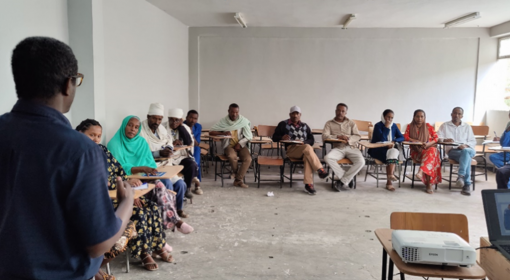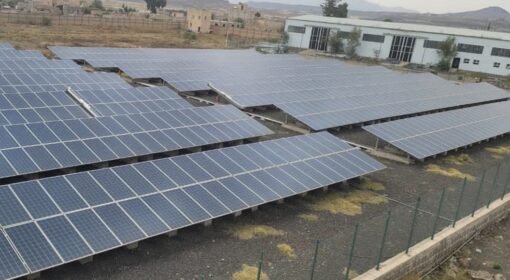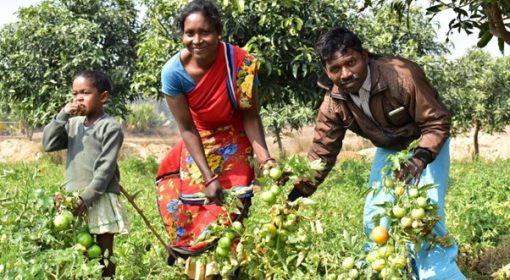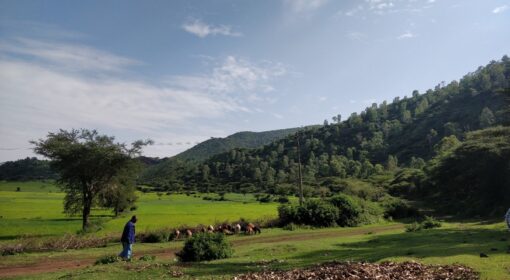By Nardos Masresha
Introduction
The North and northeastern part of Ethiopia was immersed in a violent conflict that started on November 2020. It has been characterized by high levels of violence, widespread human rights abuses, displacement of populations, and destruction of infrastructure. The conflict has profoundly impacted the mental health and well-being of the population in the Tigray, Amhara, and Afar regions, including internally displaced persons (IDPs), returnees, and host communities.
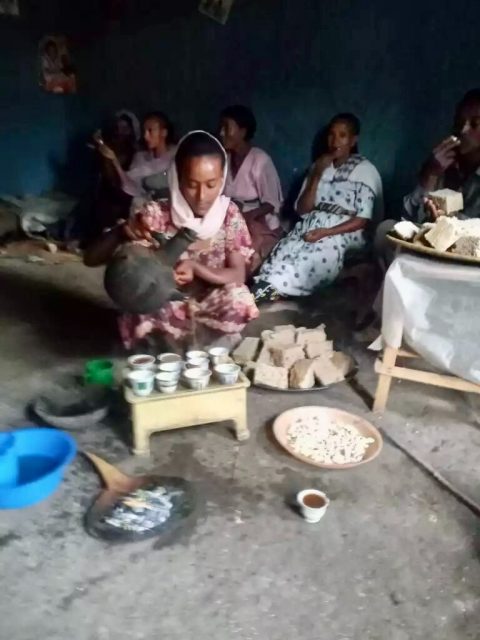
The impact of the conflict on mental health has been significant, with the trauma and stress increasing mental health problems such as anxiety, depression, post-traumatic stress disorder (PTSD), and suicidal ideation. The conflict has also severely impacted children’s mental health, with many experiencing separation from their families, disruption to education, and exposure to violence. The urgent need for psychosocial support services to address the mental health needs of those affected by the conflict is evident. It has highlighted the importance of providing effective and sustainable psychosocial support services to alleviate mental health symptoms, enhance resilience, and promote social and emotional well-being.
In response to the conflict, several organizations MetaMeta, with the Amhara Bureau of Agriculture, Woldia University, and others, implemented psychosocial support services that meant to address the mental health and well-being of those affected in Keyamba and Jarsa kebeles of Gubalafto woreda.
The psychosocial support program aims to promote the mental health and well-being of those affected by the conflict, reduce mental health symptoms, and enhance resilience.
Psychosocial support services
Capacity building training: Training was provided to selected 75 community leaders, youth, and women to strengthen their skills in providing first aid psychosocial support services. The training includes psychosocial first aid, coping with trauma and grief, forgiveness, self-confidence, effective communication skills, and building resilience.
Individual counseling: professional counselors from Woldia University provided one-on-one counseling sessions to individuals affected by the conflict, including survivors of violence. The counselors used evidence-based techniques to address mental health symptoms such as anxiety, depression, and PTSD.
Community-based psychosocial activities: trained volunteer youth and women facilitated discussions in each kebeles to engage and support those affected by the conflict. These activities aim to promote social cohesion, strengthen community bonds, and provide a referral service if needed.
Outreach and awareness-raising: coffee ceremony discussions, organized by trained volunteer youth and women were facilitated three times per month in each kebeles to increase knowledge and awareness of mental health and psychosocial support services in the community. These activities aim to reduce stigma and promote help-seeking behaviors.
Small assets. In addition, the provision of early maturing seeds, and rehabilitating veterinary clinics and poultry were among the economical social supports provided during the implementation of the recovery program.
Impacts
The psychosocial support services provided in the wereda have significantly impacted the mental health and well-being of the beneficiaries. The services have helped to alleviate mental health symptoms, enhance resilience, and promote social and emotional well-being.
Individual counseling sessions have effectively addressed mental health symptoms such as anxiety, depression, and PTSD. The beneficiaries reported feeling more hopeful, less distressed, and better able to cope with the stress and trauma of the conflict. The counseling sessions have also helped beneficiaries to develop coping strategies and strengthen their support networks.
Community-based psychosocial activities have also been effective in promoting social cohesion and providing a sense of normalcy. The activities have helped to reduce social isolation, improve mood, and enhance a sense of belonging.
Capacity building for local community members, youth, and women has helped to strengthen their skills and increase their capacity to provide effective psychosocial support services. The training has helped to ensure that the services are evidence-based and culturally appropriate.
Lessons learned
Importance of community engagement: Engaging with the community and building trust is essential to providing effective psychosocial support services. This can be achieved through community-based activities, involvement of community leaders, and culturally appropriate outreach.
Importance of capacity building: building the capacity of the local community including youth and women is essential to providing sustainable and effective psychosocial support services. This was achieved through training, supervision, and mentorship.
Need for holistic approaches: addressing the mental health needs of those affected by conflict requires a holistic approach that addresses the social, economic, and political factors that contribute to mental health problems.
Importance of collaboration: collaboration between different organizations, including mental health professionals and government sectors, is essential to providing effective psychosocial support services.
Conclusion
The conflict in the regions significantly impacted the mental health and well-being of the communities, particularly vulnerable groups such as women, children, and the elderly. Lessons learned from the psychosocial support services include the importance of community engagement, capacity building, holistic approaches, and collaboration between different organizations. Effective and sustainable psychosocial support services are essential to promote mental health and well-being, alleviate suffering, and support the long-term recovery and development of the area.

